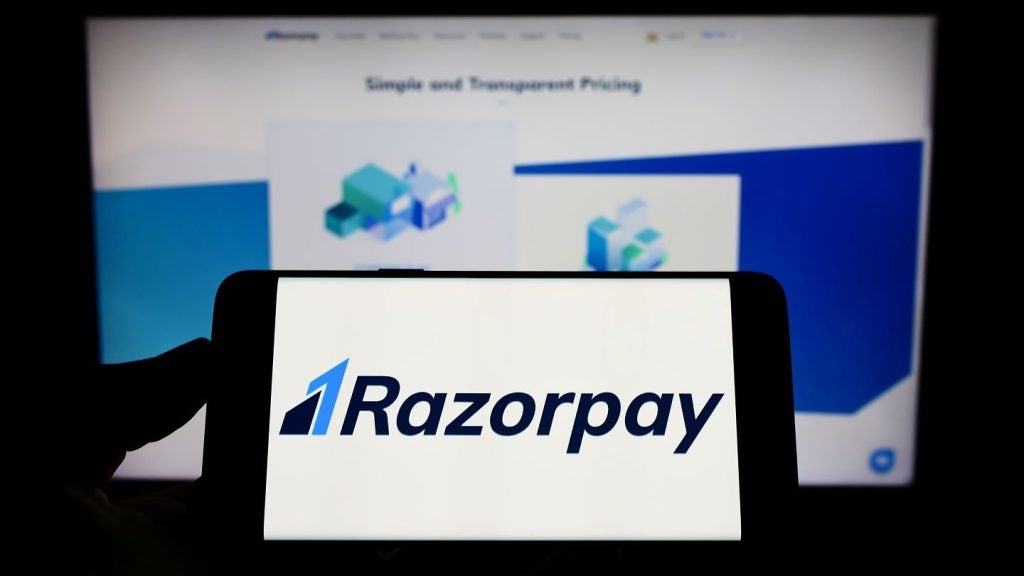
On 19 March 2024, the Official Journal of the EU was updated with a publication regarding Regulation (EU) 2024/886 of the European Parliament and of the Council of 13 March 2024. It amends the Single Euro Payments Area Regulation, the Cross-Border Payments Regulation, the Settlement Finality Directive and the Second Payment Services Directive as regards instant credit transfers in euro.
The regulation enters into force on the twentieth day following its publication in the OJ. That is not a misprint. Twenty days means 8 April 2024. It sets in motion a number of other deadlines as a consequence and represents a tight deadline for compliance.
Euro Instant Payments – ‘significant change in how payments are managed’: Ainsley Ward, CGI
The aim of the regulations is clearly understood. That is to enhance the strategic independence of the European economic and financial sector. It aims to reduce reliance on financial institutions and infrastructures of third countries and specifically Visa and Mastercard. The EU argues that over-dependence on such entities can create risks to the stability and sovereignty of the European financial system. By promoting Euro Instant Payments, the EU seeks to diminish this reliance. In turn, it strengthens its own financial autonomy.
“This means there is going to be quite a significant change for the way that payments are being managed across the European Union,” Vice President, Payments Solutions at CGI, tells EPI.
The instant payments regulation will allow people to transfer money within ten seconds at any time of the day. This will include outside business hours, not only within the same country but also to another EU member state.
Payment service providers such as banks will be required to offer the service of sending and receiving instant payments in euro. And on charges, well they must not be higher than the charges that apply for standard credit transfers.

US Tariffs are shifting - will you react or anticipate?
Don’t let policy changes catch you off guard. Stay proactive with real-time data and expert analysis.
By GlobalDataThe new rules will come into force after an ambitiously short transition period that will be faster in the euro area and longer in the non-euro area.
The regulation grants access for payment and e-money institutions to payment systems, by changing the settlement finality Directive. As a result, these entities will be covered by the obligation to offer the service of sending and receiving instant credit transfers, after a transitional period.
Under the new rules, instant payment providers will need to verify that the beneficiary’s IBAN and name match in order to alert the payer to possible mistakes or fraud before a transaction is made. This requirement will apply to regular transfers too.
Unprecedented in terms of scale and speed, colossal challenge
Craig Ramsey, Global Head of Real-Time Payments at ACI Worldwide tells EPI: “With the official publication in the European Journal, the EU has today confirmed the new Instant Payments Regulation will come into effect on 8 April.
“From this date, banks and payment service providers across the EU’s 27 member states will have just nine months to comply. This means being able to receive instant credit transfers in Euros by 9 January 2025.
“Never has a piece of payments regulation been so ambitious in terms of scale and speed. Financial institutions across the EU will need to work incredibly fast. This pace of change is unheard of and will present a colossal challenge for the industry. The whole sector needs to make this a singular priority.”
Ward adds: “The regulation is full of many different dates for many different organisations. So, there is a real rapid deadline for those PSPs in the euro zone, where there’s an expectation for them to be up and running within nine months after the enforcement date, right through to 50 months, for some of the non-Eurozone tertiary companies such as the E money, institutions, and many, many dates in between. There are more dates than a palm tree.
‘Initial target will slip’: Ward
“I think the initial target is far too tight, it will slip. Just reality says that. I mean, the fastest implementation programme we’ve done – and we’re a quick vendor – is four months and one week. For any banks that aren’t connected today, they have to go through contracting and get in the queue and hope to be ready in nine months. I think it is far too tight.”
Reflecting on the lessons of SEPA back in 2009, Ward says that there is always a long tail to these things.
“There are banks that will get on with it and get things moving quickly. Banks that are not connected today are not only competing with other non-connected banks, they’re also going to be competing with those that are going to take this moment as an opportunity to modernise their instant infrastructure.
Looking at lessons in other markets, Ward can draw on CGI’s experience in supporting the roll out of FedNow in the US. CGI was selected by the Federal Reserve Bank to participate in the pilot programme for the FedNow Service, the new real-time payments rail. The pilot brought together banking industry leaders to support development, testing and adoption of the FedNow Service, as well as encourage development of services that leverage FedNow Service functionality.
Europe can leapfrog other markets
Ward adds: “The rollout of FedNow is rapidly accelerating with over 400 banks connected to that in the first year. The appetite for connecting into this scheme in Europe, probably wasn’t there, because we’d already got to a point where the vast majority of credit transfers, were settling within an hour. And for the vast majority of people an hour is fine.
“So, I don’t think the impetus was necessarily there. But what gets really interesting about EU instant payment regulation is they are going to leapfrog over other markets because they’ve added in mandatory account verification. So, anyone providing instant payment services has to validate the account that the money has been sent to and give validation back to the sender. This is going to be a big step forward to for preventing APP fraud. The regulation also broadens the remit to include payment institutions and money institutions, as you mentioned. So, it’s, it’s not just about Europe catching up. This has the potential to enable the European Union to leapfrog back to the front of instant payments and money movement globally.”
Banks cannot wait until EBA Day to act
On timing, Ward says that there is still just about time for constructive conversations about meeting the deadline but there is not a moment to lose.
Some banks, he says, might try to fudge it, as some of them have done in the past.
“But then they run into difficulty with their creaking and ageing, core banking platforms. The ability to get balances up to date on all accounts, in real time. 24/7/365 is a long way away for the vast majority of banks.
“If they wait until the summer, it’s going to get a whole lot more difficult. So, by the time we get to EBA Day in June, that’s probably going to be the end point for discussions with vendors.”







